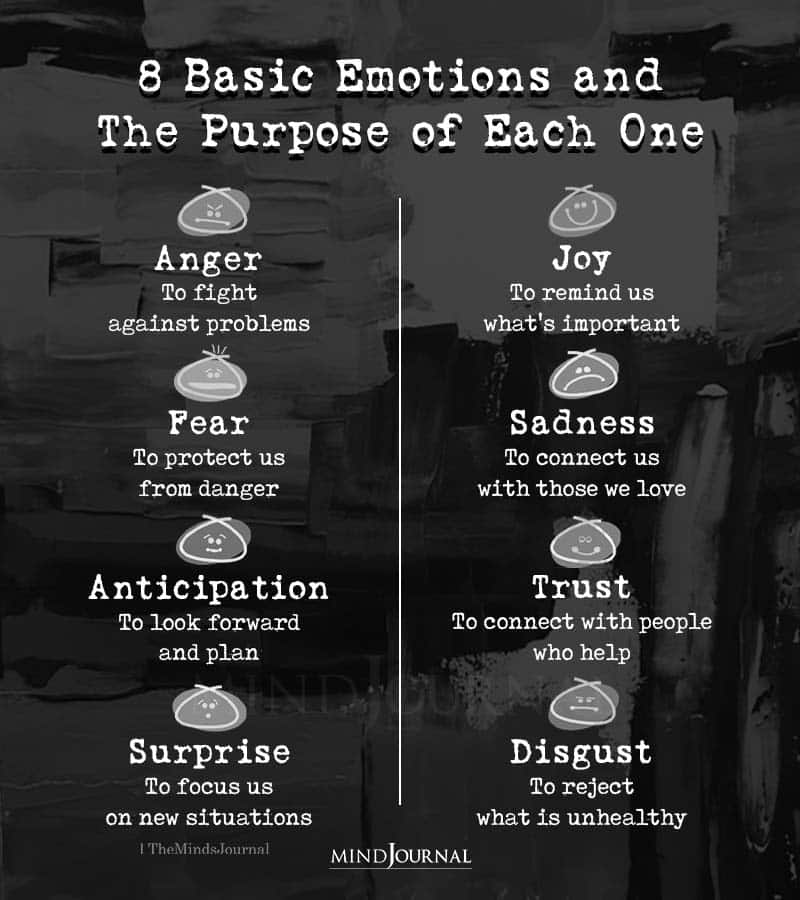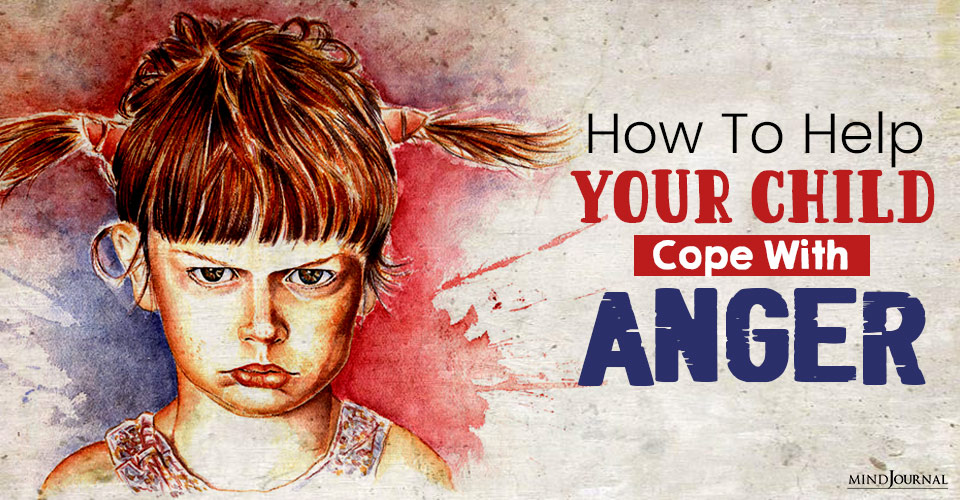If you have ever thought about how to help children cope with anger, then you have come to the right place. This post can be immensely helpful if you are someone who has a child with anger issues. And as a parent, helping children cope with anger and helping them manage strong emotions are two of the best things you can do for them.
Key Points
- Anger is a reaction to emotional or physical needs not being met.
- Children have difficulty expressing angry emotions and regulating them.
- Adults can help children identify and express anger in healthy ways.
Anger is generally a natural response to frustrating issues or situations, yet is often expressed in ways that are scary, confusing, or even unhealthy.

Many people consider anger a “bad” emotion and view its expression as destructive. As a result, experiencing anger can be difficult for both children and adults.
Indeed, anger is a feeling most people prefer not to experience. But when we understand anger, it can become a healing and empowering force.
Anger in children can be a response to a situation that’s in need of a solution. It can alert others that more love, safety, or protection is needed. Anger in a child can help them learn more about their own needs and self-care – and how to vent frustrating feelings in healthier ways. In truth, anger need not be a negative experience.
Most children require guidance, support, and instruction as they learn to identify and regulate angry emotions. It’s not always easy for little ones to understand feeling mad.

What we don’t want to do as adults is to stigmatize or present anger as a bad emotion to feel or express. We want to encourage children to be mindful about their frustrations – why they occur, how to express them – and ultimately learn how to problem-solve them.
Related: 13 Positive Phrases To Calm Your Child
The Anger Iceberg
It’s important to know the anger we often see in children is the tip of the iceberg, so to speak. Often, there are other reasons why children feel angry. Getting to the source of the issue can help children learn the process of linking their feelings to their needs.
Using the “Anger Iceberg” can teach children to identify their irritability – and then search for the answers for why they are feeling mad. So, the next time your child is angry, help them to be curious about what is really underneath the surface.

Source: Serani
6 Tips for Adults, Caregivers and Educators
1. Teach children that anger is natural.
Explain to little ones that anger is an emotion that arises when we feel frustrated, disappointed, or hurt. Teach them that anger is something all adults and children feel. Even babies too.
Help them understand while anger is a natural reaction, there are ways for it to be expressed in healthy and unhealthy ways.

2. Healthy and unhealthy expressions of anger.
The next step is to teach children that anger can be expressed in adaptive ways (mindful words and problem-solving) or maladaptive ways (yelling, getting physical, or being aggressive).
Helping children to understand healthy expressions of anger will give them self-confidence, teach them positive social interactions, and help them self-regulate confusing emotions. Learning how to share angry feelings in healthy ways will also reduce the shame and guilt children feel from being destructive with their anger.
Encourage children to “Use your words” when anger presents. This will help little ones move from being physical like breaking toys, hitting, or other aggressive behaviors to expressing anger.
When maladaptive anger is shown, redirect your child by prompting, “Instead of throwing your toys, tell me what’s bothering you.” “Instead of hitting your brother, tell him what’s making you mad.” Make sure you praise the adaptive expressive of anger so your child can feel good about their emotional choices.
Related: Your Child Needs You to Be Responsive, Not Reactive: Here’s How
3. Teach about the whys of anger.
Help children understand why they are angry. Help them identify what the situation is that’s made them react. What need is not being met? Who or what is frustrating them?
This helps children construct a mindful view of anger and why it’s happening.

4. Problem solve ways to reduce anger.
Teach children ways to problem solve their anger. Does the situation need a compromise? “Maybe you and your friend can take turns playing with on the swing.” Are boundaries or limit setting needed? “I know you’re angry we have to leave the park. You can choose one more ride before we go home, or we can go home now. What would you like to do?”

Or if your child’s anger might be fatigue, hunger, or sleepiness? “Do you think you’re hungry for a snack? Or you’re sleepy? Could that be why you’re mad right now?”
5. Use bibliotherapy.
Finding books on anger, feeling mad, or frustrated can be fun and helpful ways to reach and teach little ones about difficult emotions.
Studies show using books can help children deepen their emotional intelligence, gain insight, and learn new ways to problem-solve. So spend time reading a book and use the story to spark a discussion with your child.
Related: 7 Tips To Help Kids Learn to Control Their Emotions
6. Be a healthy role model.
Make sure you take the time to model these strategies whenever you can. When you show your child your own angry feelings, how you express them in healthy ways and problem solve the situation so your anger is reduced, you reinforce their evolving skill-set.
Want to know more about how you can help your kids deal with angry emotions and also help them manage strong emotions? Check this video out below!
Written By Deborah Serani Originally Published On Psychology Today
Frequently Asked Questions (FAQs)
What causes anger issues in a child?
Anger issues in children can be a result of various reasons, for instance, learning disorders, childhood trauma, bullying, anxiety, depression, and emotional problems.
Is child aggression normal?
It’s actually normal for children to behave aggressively, especially toddlers and adolescents, and it’s a normal part of their behavioral and emotional development. This is because at this stage they are overwhelmed with strong emotions. However, excessive aggression is not a healthy sign.
What causes child aggression?
Some of the major factors that cause child aggression are genetics, sexual or physical abuse, bullying, belonging to a violent home or family, and exposure to violence on movies and television.










Leave a Reply